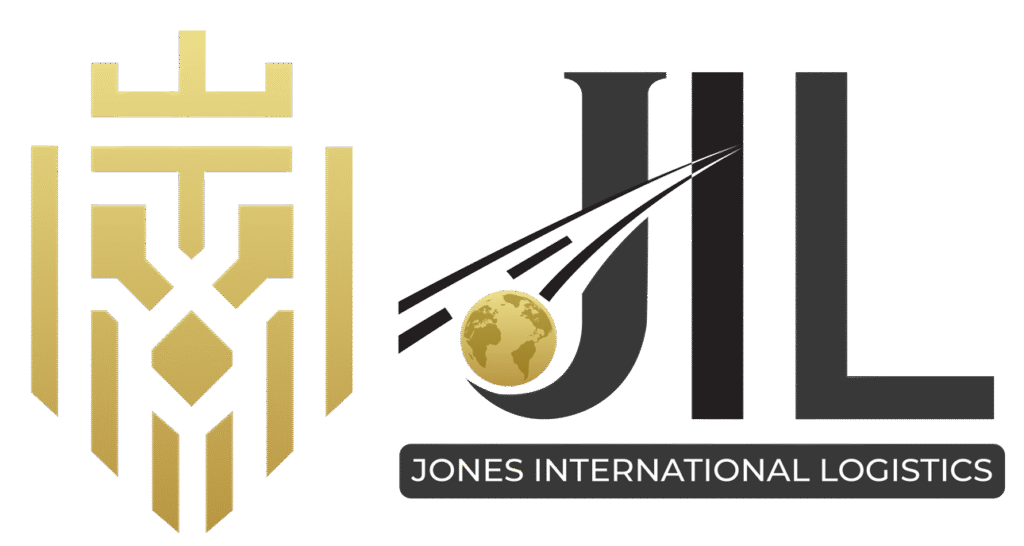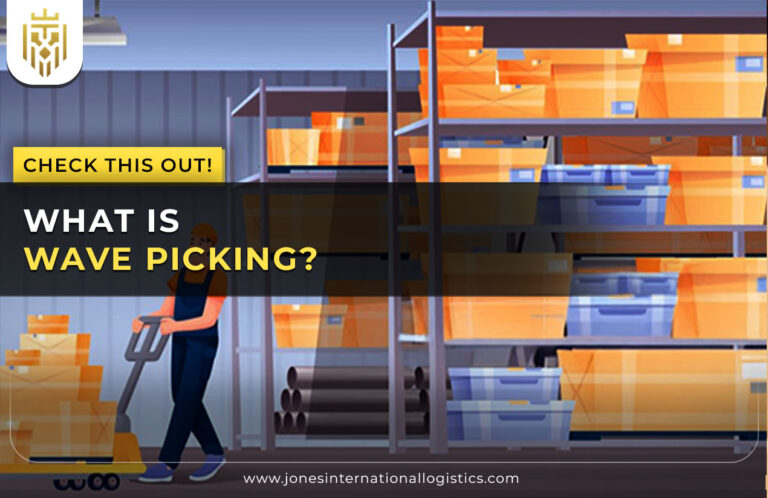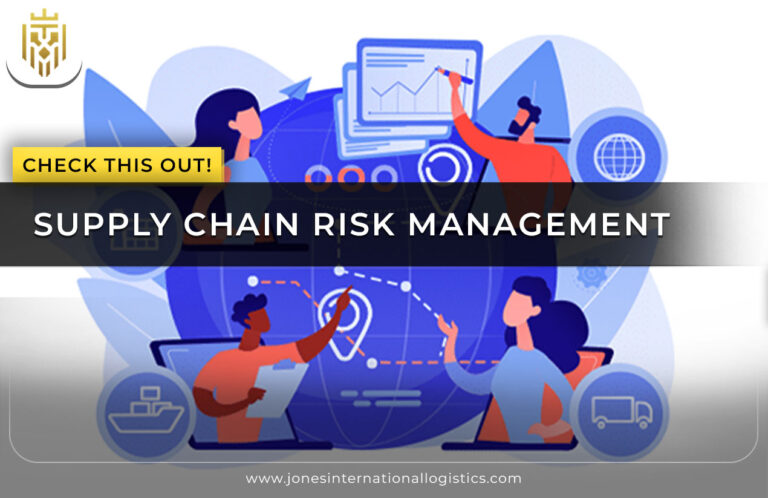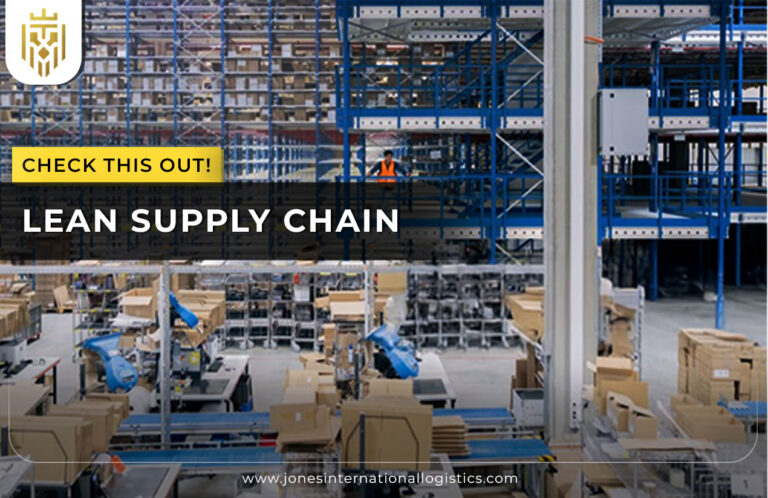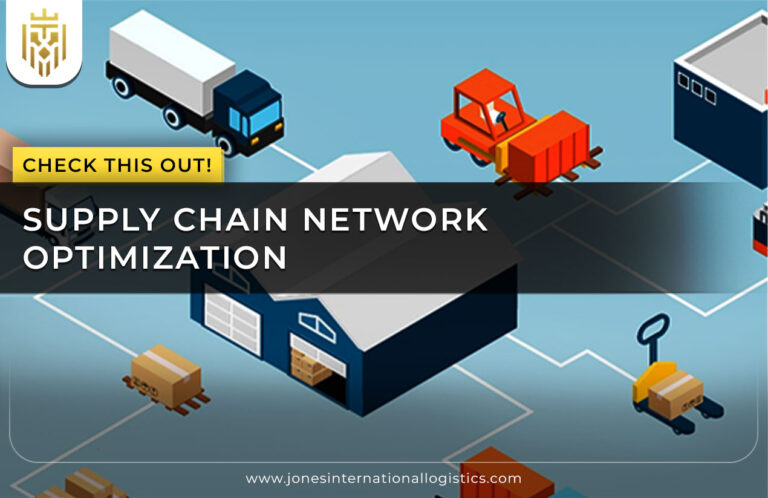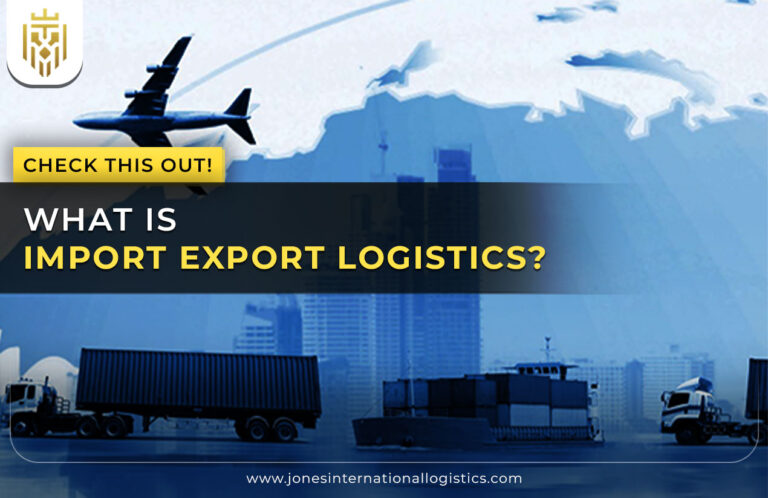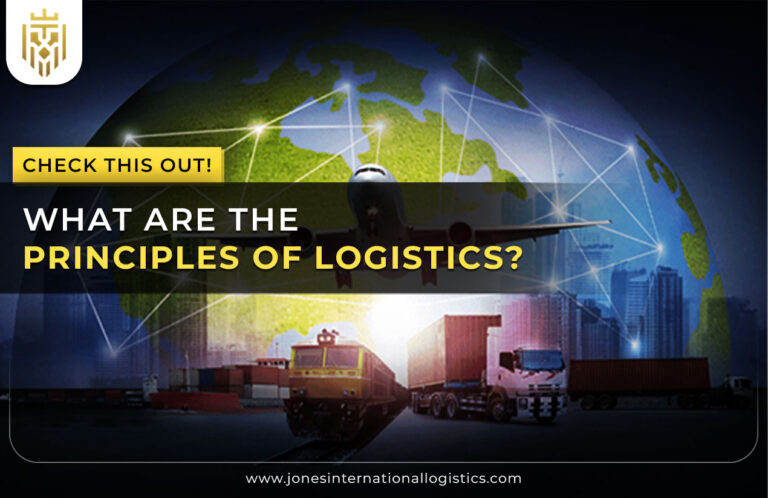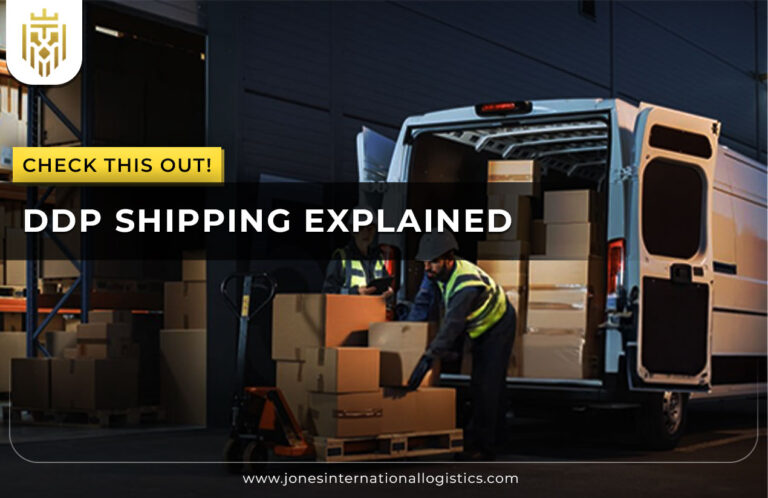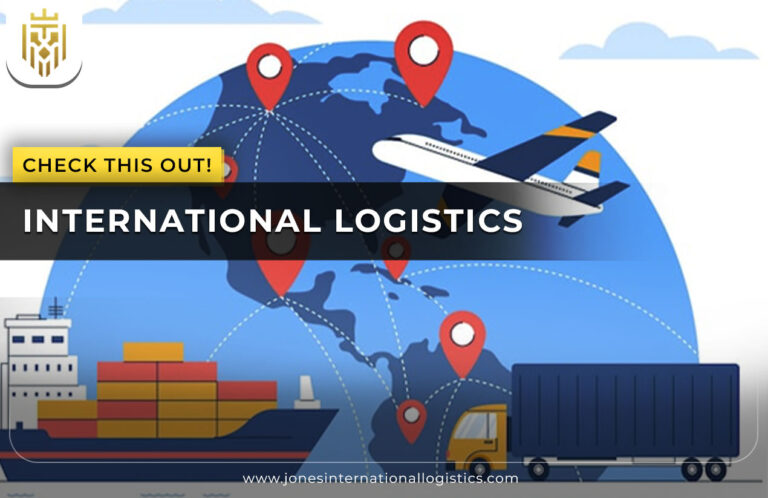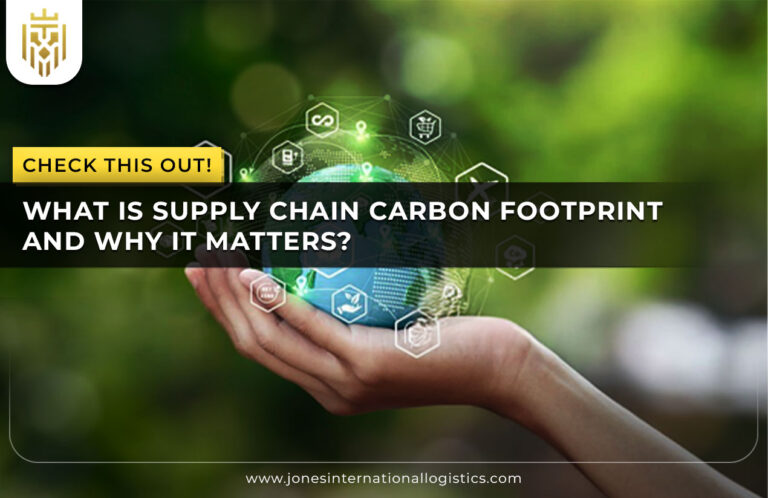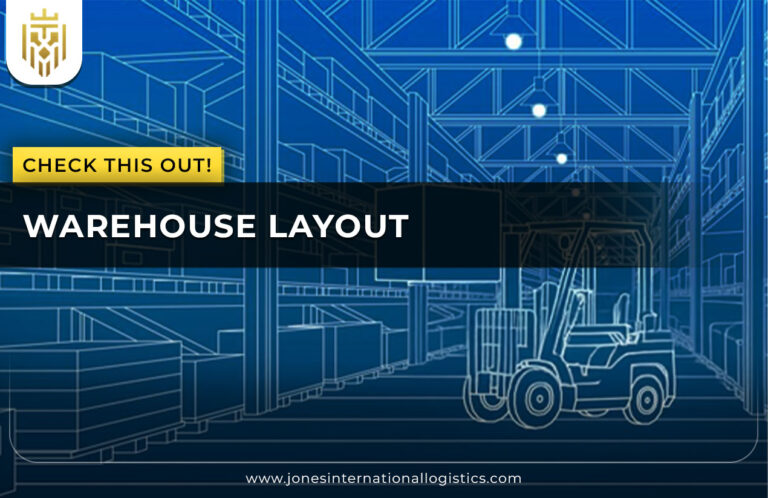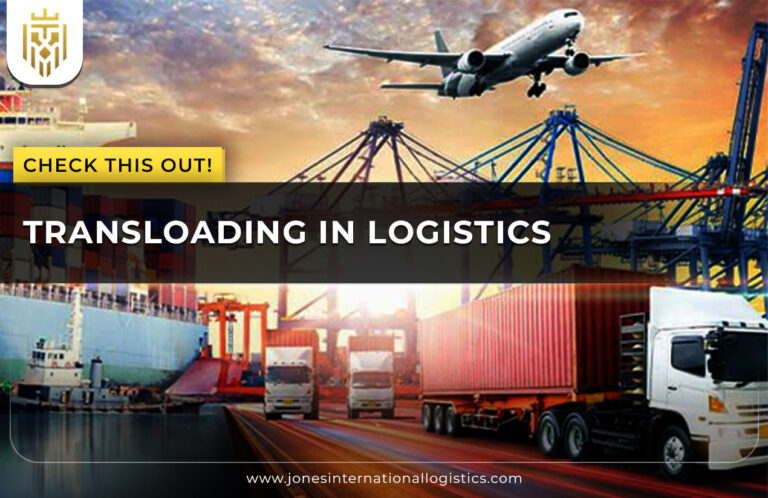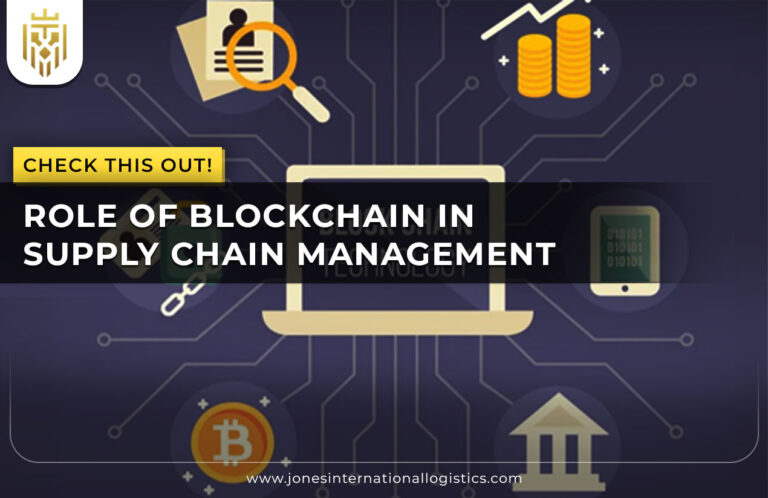Event Logistics and Its Importance
You might have attended a perfectly executed event, where the venue feels just right, the schedule flows seamlessly, and every detail seems fine and excellently coordinated, that is the art and science of event logistics. From professional conferences to grand cultural fests, logistics in event management is the unspoken engine that keeps everything runs smoothly.
In this blog we will explore event logistics and its importance, and why understanding it is crucial for events of all sizes. Whether you’re an community leader, event planner, or a corporate organizer understanding the complexity of event logistics can make the difference between a disorganized day and an unforgettable experience.
Defining Event Logistics
Event Logistics refers to the process of planning, organizing and managing all operational and physical elements needed to execute an event successfully. It encircles everything from booking the venue to aligning schedules, acquiring resources, managing transportation, setting up technology, and managing vendors.
The event logistics definition also combines with risk management, eventuality plans, and assuring everything moving parts comes together perfectly at the right time. Without a proper & organized logistics, no event can be a success. Basically, event logistics are musical score that converts ideas into reality.
Key Components in Event Logistics
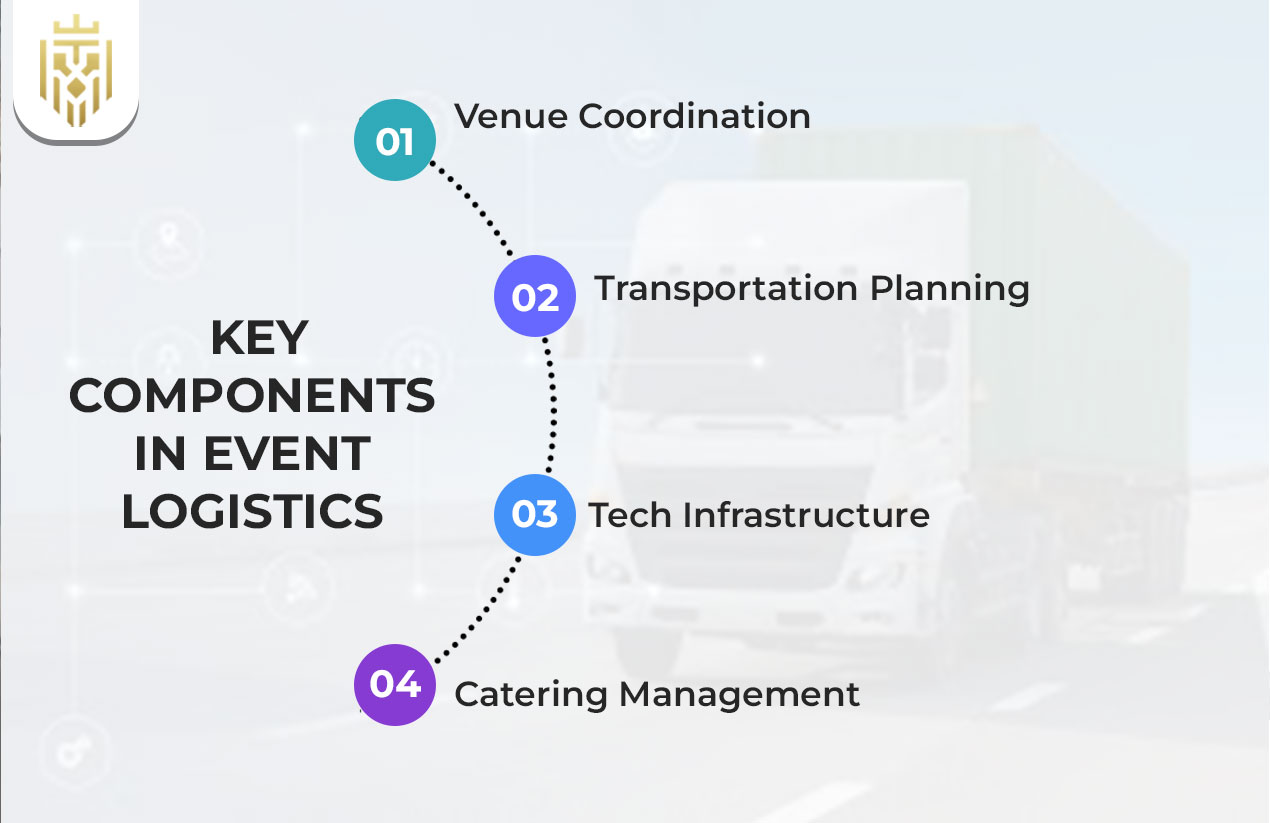
Venue Coordination
One of the basic needs of an event is venue. It is the foundation of any event and choosing the perfect one includes research and negotiation. Factors like location, accessibility, seating capacity, amenities and parking facilities all plays a vital role in making the event run smoothly. Coordinating with the venue also refers to finalizing layouts, acquiring permission, and planning for load-in and load-out schedules. A well organized venue can reduce stress and eliminate last minute surprises.
Transportation Planning
Transportation Planning is that hand of Event logistics that covers everything from the arrival guests to the delivery of equipments. In short, it optimizes the movement of people and goods. Transportation includes planning shuttle services, VIP pick ups, parking facilities, and supplier delivery times.
Tech Infrastructure
In today’s AI based world, technology plays a crucial role in events. Whether its’ stage lightning, audiovisual systems, sound equipment, or Wi-Fi. coverage, each and every technical element must be tested and ready before the event. Also known as IT infrastructure, Tech Infrastructure encompasses the software, hardware, network, and other facilities like backup systems in case of any technical errors. Tech Infrastructure also involves arranging event apps, digital check in and live streaming for remote attendees.
Catering Management
Food service is one of the major priorities for many guests, and poor catering can leave a give a lasting negative impression. Catering logistics involve planning, organizing and execution of food and beverage services for events. Catering management work along side with the event schedule to make the event run perfect.
The Impact of Skilled Event Coordination
Skilled event coordination is what transforms careful planning into a seamless experience on the day of the event. It’s about integrating every moving part from vendors and schedules to technology and guest flow, so that everything happens smoothly. Effective coordination not only reduces stress for organizers but also enhances the overall experience for attendees, leaving them with a positive and lasting impression.
Seamless Program Flow
A well managed event keeps the guests and attendees focus on giving them a positive experience while preventing them from boredom. Skilled coordinators work with hosts, performers and speakers to make sure that everything starts and finishes on time. This includes transitions between sessions, break time and ensuring AV teams are ready for each switch.
Vendor Alignment & Sync
Events depend on various vendors, florists, decorators, audio technicians, photographers, and more. Coordinating with these suppliers so their work align each other’s is very important. Vendor meetings, shared schedules, and clear communication channels help avoid delays or conflicts. When vendors operate as a team, the overall execution becomes smoother.
Contingency Readiness
Even with the perfect plans, unexpected issues can rise. Contingency Readiness refers having backup plans for weather disruption, power outages, or last- moment cancellations. This includes having spare equipment, substitute venues, or alternate speakers. Being prepared for any sort of unpredictable circumstances ensures that the event can proceed successfully despite and obstacles.
Budget Watchfulness
Being inside a budget is an ongoing process since it cannot be considered a one-time calculation. The coordinators track expenses, negotiate vendor rates, and ward-off unnecessary spending. Properly allocating monies also results in proper budgeting, which freeing up of some funds may be useful for making enhancements to the attendee experience.
The 5 C’s Guiding Event Planning
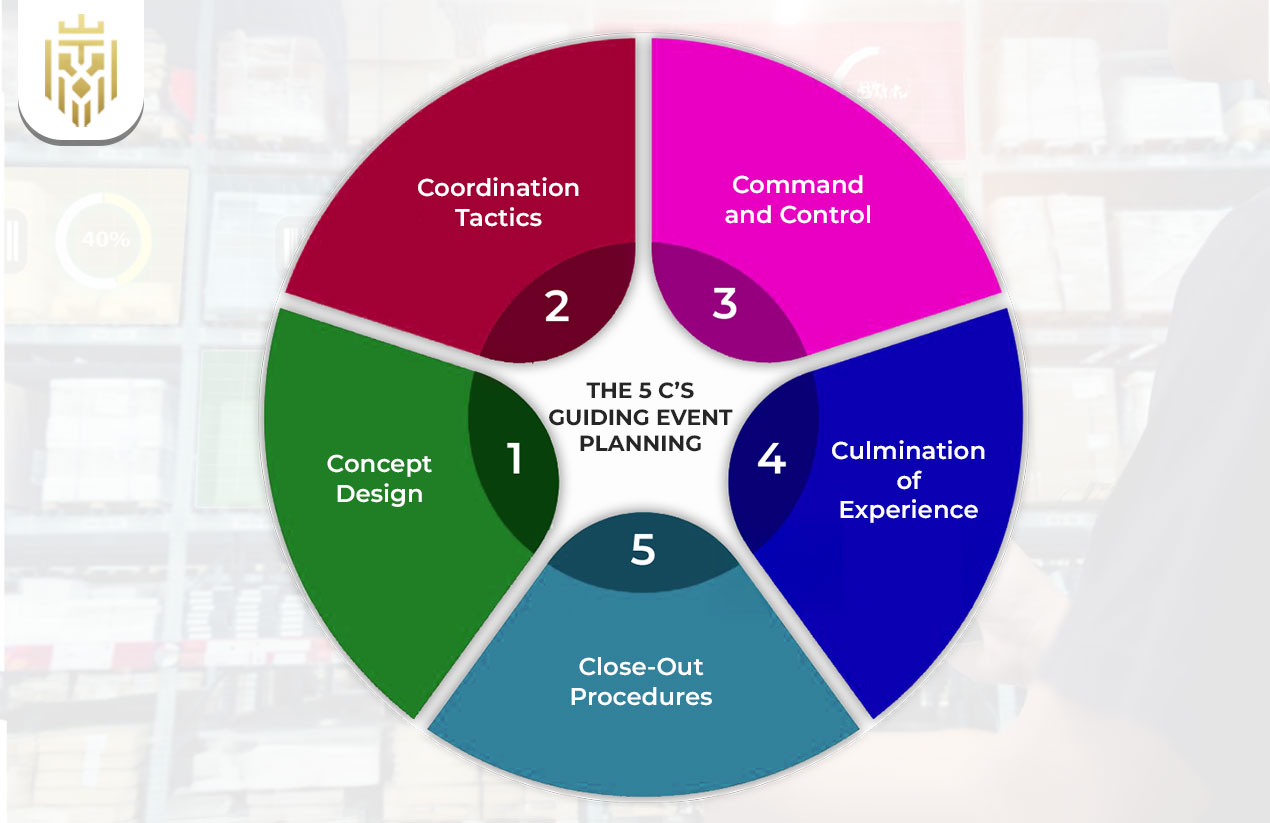
Concept Design
Every successful event starts with a clear concept. This stage defines the theme, purpose, and goals, shaping all decisions that follow. Whether it’s a charity gala or a product launch, the concept sets the tone for venue selection, décor, entertainment, and overall logistics.
Coordination Tactics
Coordination is about bringing all stakeholders onto the same page. This involves regular meetings, progress tracking, and resolving conflicts before they escalate. Clear coordination ensures that everyone understands their role and deadlines.
Command and Control
On the day of the event, there should be a central decision-making authority. This ensures quick responses to issues, efficient delegation, and a consistent flow of information. Strong command and control prevent miscommunication and keep everything on schedule.
Culmination of Experience
Culmination of Experience is where months of planning come together. The culmination is all about delivering the intended experience to the audience, from the first welcome gesture to the final bidding farewell. Attention to small details ensures that audiences leave with a positive impression.
Close-Out Procedures
After the event, there’s still work to be done, this is when Close-out Procedures steps in. This procedure involves wrapping up setups, returning rentals, settling payments, and sending thank you notes. Close out Procedures also includes collecting feedback for future improvements.
Logistics Planning: A Tactical Roadmap
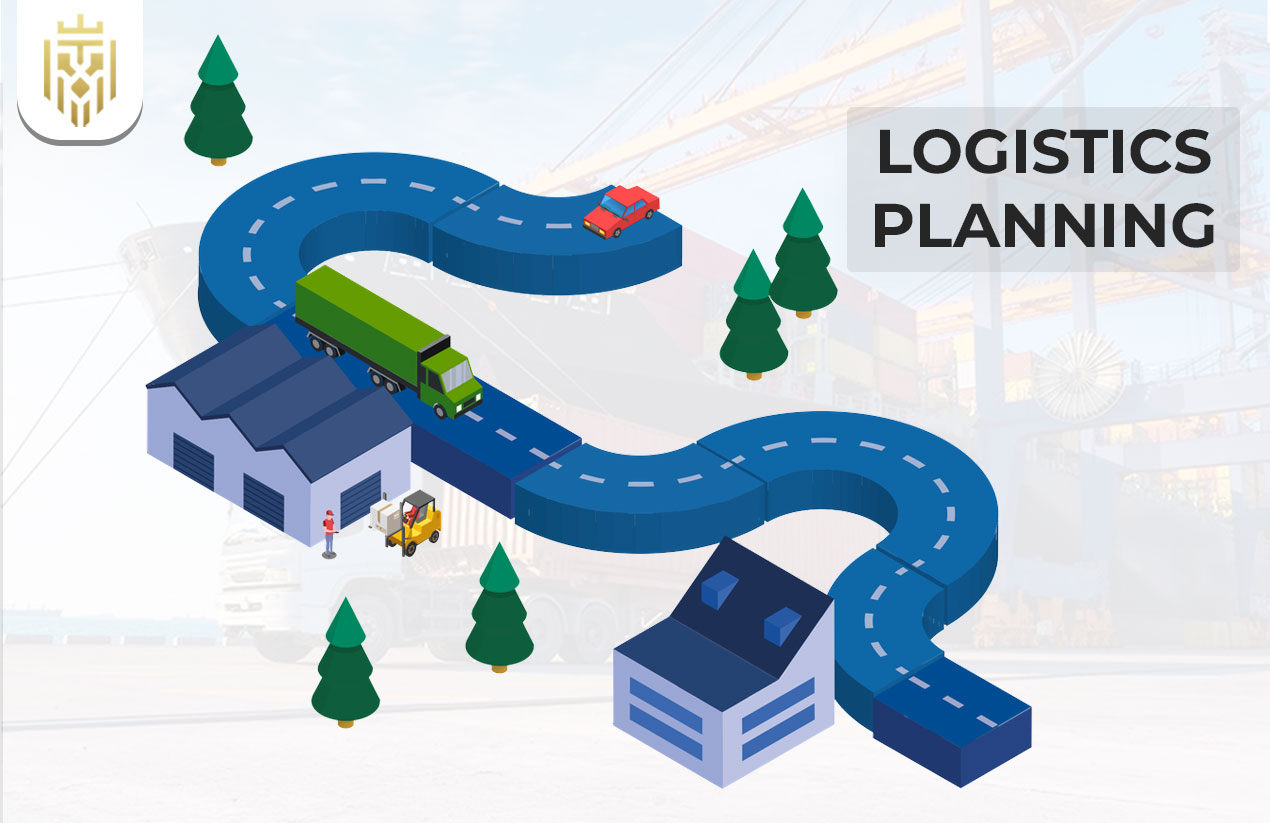
A tactical logistics roadmap breaks the event into manageable steps, assigning clear responsibilities and timelines to keep everything on track. By mapping out each stage from setting goals to post-event reviews organizers can predict challenges, optimize resources, and ensure nothing is overlooked. This structured approach turns complex events into well-managed experiences.
Establish Event Goals and Needs
To understand the event’s purpose is one of the critical elements of Logistics Planning. Goals influence everything from budget management to venue selection. Clarity about the purpose and needs of the event ensure that the resources are used effectively.
Map Out Full Logistics Playbook
Logistics Playbook is a detailed plan covering timelines, task assignment, and required resources. This document plays the role of a central reference for the whole team.
Lock Down Venue Details
Locking down venue details includes finalizing contracts, confirming technical capabilities, and reviewing layouts. This step also determines how other logistics are shaped.
Orchestrate Supplier & Vendor Roles
Every vendor and suppliers should have a clear vision of what there role is, delivery time, and contact point. This prevents any sort of overlaps and miscommunication.
Arrange Transport and Lodging
Arranging Transport and Lodging not only encircles guest transport but also accommodation for visitors, speakers, or performers.
Gear and Materials Assembly
Gear and material assembly ensures that all technical equipments, decor items, and event materials are ready before the event reduces last minute stress.
Staff and Volunteer Deployment
Appointing specific roles ensures tasks are handled efficiently. Clear communication helps avoid confusion during the event.
Activate On-Site Execution
On-site execution involves real-time monitoring, problem solving, and maintaining program flow.
Prepare for Emergency Scenarios
Preparing for emergencies or having a backup plan can save an event from disaster. Hence it better to identify risks and prepare solutions in advance.
Conduct Post-Event Debrief and Review
Determining performances, noticing lessons learned, and documenting successes set the stage for even better events in the future.
Event Tech That Enhances Logistics
Technology has become a crucial partner in modern event logistics, planning and executing from start to finish. The right tools can automate scheduling, simplify vendor coordination, speed up guest check-ins, and boost attendee engagement. By integrating these tech solutions, organizers can save time, reduce errors, and deliver a smoother, more interactive event experience. In a fast-paced industry, leveraging technology isn’t just an advantage, it’s a necessity.
Project Scheduling Platforms
Using tools like Asana, Trello, and Monday help teams staying on track with the tasks and deadlines. These platforms improve coordination and transparency.
Holistic Event Management Suites
Holistic event management suites covers a comprehensive event planning, execution and analysis. Softwares like Eventbrite or Cvent integrates ticketing, registration, and vendor management into one system, saving time and reducing errors.
Digital Check-In Tools
Digital check in tools facilitates the process of registering guests for events. Smart QR- based check-ins speed up entry process, reduces queue and results in improving guest experience.
Attendee Engagement Apps
Attendee Engagement Apps improvises attendees experience by facilitating with interactions like support polls, providing information, live Q&A sessions.
What Happens After the Event Ends?
An event’s impact doesn’t stop when the light goes off. Post event logistics are as important as pre event planning. The moments, relations and connections formed during the experience can form a brand loyalty and future opportunities. Post- event, organizers can convert these outcomes to favorable outcomes by following up with the attendees, sharing exclusive content, while maintaining the impression built during the event. This not only widen the event’s life cycle but also strengthens its long-term value.
FAQs
1. What is Event Logistics?
Event logistics is the comprehensive planning and coordination of all resources, vendors, and activities required to execute an event successfully.
2. Which components make up event logistics?
Venue selection, transportation, tech setup, catering, vendor coordination, contingency planning, and budgeting.
3. Why does Event Logistics truly matter?
Because without it, even the best ideas can fail due to poor execution.
4. What falls under post-event logistics?
Cleanup, vendor settlement, feedback collection, and reporting.
